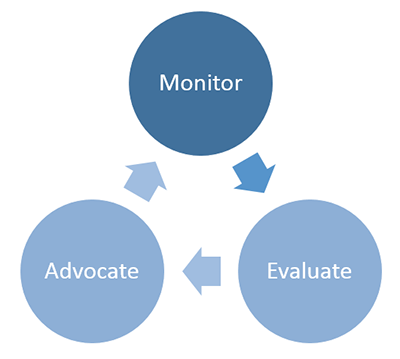Behavioral Health Planning Council
The Minnesota Behavioral Health Planning Council (BHPC) is an integrated mental health and substance use disorder council that advises the Minnesota Department of Human Services, Behavioral Health Administration regarding Minnesota’s Mental Health and Substance Use Block Grant.
Applications for open positions on the Behavioral Health Planning Council are now being accepted.

